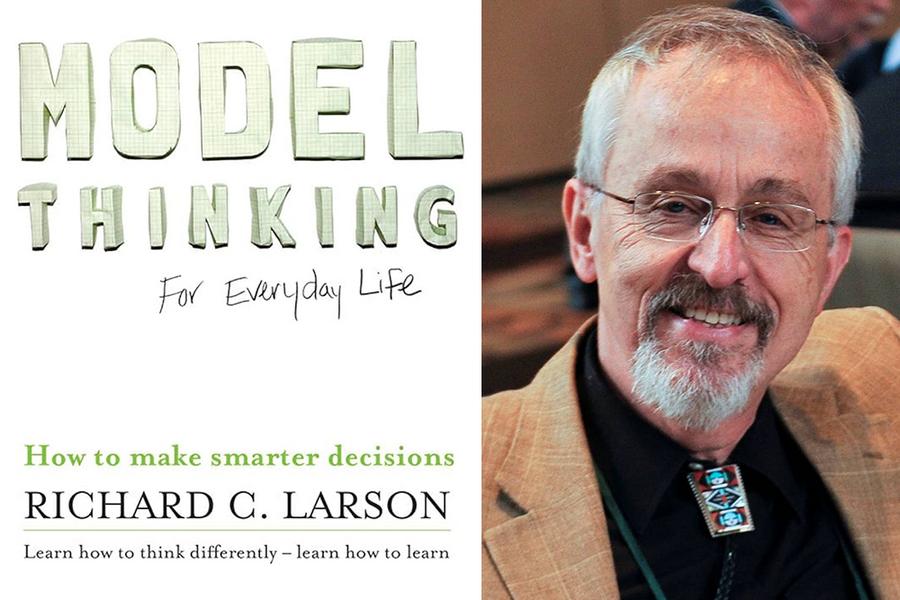There is growing debate about AI in the classroom
New technologies have always made their way into the classroom. From chalkboards in schoolhouses and textbooks in classrooms to computer-based learning in the digital age, methods have continually evolved with the times.
Artificial intelligence (AI) and machine learning (ML) are once again transforming how we learn and teach. This has become especially pronounced over the past year, as educators have been raising the alarm over the use of generative AI programs (such as ChatGPT).
Banning or embracing the use of AI in the classroom has been hotly debated, as educators, parents, and technologists alike weigh in on the pros and cons. There has been much speculation about how it will impact students’ quality of education, the types of challenges faced by teachers, and the shape of our society as today’s youth become tomorrow’s leaders.
There have been many fears over technological advances in years past – for example, that calculators would erode children’s math skills or that typewriters would hurt children’s handwriting abilities. And so, as in the past, we are again forced to stop, assess the opportunities and threats of this new technology, and adjust accordingly.
In other words, how do we integrate AI into our education systems to maximize the benefits and minimize the pitfalls?
Amii is launching a program for school-aged students
“We are excited to support teachers as they help students build a baseline understanding of AI and ML … and how to think critically about its application.”
Jill Kowalchuk, Amii Education Advisor
Aligning with Amii’s mission to make AI For Good and For All, we are prioritizing AI literacy in the next generation. Leading out this initiative is Amii’s Education Advisor, Jill Kowalchuk, M.Ed.
This past year, Kowalchuk has been developing Amii’s AI in K-12 pilot program, which aims to prepare K-12 students with a strong foundation in AI and ML as they move toward post-secondary education.
As a former teacher, Kowalchuk understands that the best pathway to educate students is to ensure that teachers themselves are equipped with the resources, education and context they need to engage with the subject meaningfully.
“We are excited to support teachers as they help students build a baseline understanding of AI and ML,” says Kowalchuk. “We are confident that the programming will not only teach fundamental knowledge about the technologies, but also help students develop an understanding of AI’s possible benefits and drawbacks, and how to think critically about its application.”
The pilot program launched in May 2023, with 58 high school teachers participating across Alberta.
Teacher-consulted Learning Kits
Program development began with stakeholder engagement sessions with teachers from participating schools. This early engagement identified a need for more consistency in STEM programming across school districts, with teachers calling for more access to support and resources for content delivery. Teachers also mentioned a growing demand for high-quality AI and ML resources for students preparing to transition into a digitally transformed workforce and post-secondary environment.
Informed by those early engagement sessions, Amii created learning kits to be provided to participants and deployed over the fall semester (September 2023 to January 2024). The program’s design was based on the Alberta Student Competencies, which lays out what skills and knowledge Alberta students should build through their studies.
In the end, four learning kits were created, each with a distinct theme:
- Harnessing the Potential of ChatGPT equips teachers with the necessary background knowledge of Large Language Models (LLMs) such as ChatGPT, and helps students utilize LLMs responsibly.
- AI in the Real World focuses on the impacts of AI on various aspects of society, helping students to think critically – not only about AI, but technology more generally.
- Careers Reimagined helps students understand the profound impact AI has on diverse industries and recognize the wide range of career pathways it opens up.
- Computer Science in the Age of AI focuses on illuminating the AI-related outcomes in the Computer Science Program of Studies by providing projects and learning activities for students.
Each learning kit includes a teacher handbook/introductions, sample lesson plans, slide decks, learning tasks, assessments, videos and discussion prompts for teachers to readily use in their multidisciplinary classrooms.
In addition to the learning kits, Amii is providing additional support to teachers through teacher engagement PD sessions, coaching sessions, classroom visits, guest speakers and field trip opportunities. To ensure smooth adoption in the classroom, Amii also offers regular check-ins and a mid-point evaluation.
Program launch and expansion
Following the conclusion of the pilot in January 2024, Amii will gather qualitative data and feedback from participants and stakeholders, and make any necessary revisions to the materials. From there, the program will soft launch an expansion of the high school programming, aiming to have all four learning kits publicly available for interested teachers by the Winter of 2024.
“We know that students have a diversity of learning needs and that teaching this material will require a multifaceted approach,” explains Kowalchuk. “We’re hoping that the feedback provided by teachers will help us identify what we’re doing well and what we need to adjust to best facilitate the teaching and learning of AI and ML-related concepts.”
Amii plans to expand the pilot program beyond high school, launching elementary and junior high stakeholder engagement sessions in the spring of 2024.
By: Britt Ayotte, Lynda Vang and Jill Kowalchuk
Originally published at: Amii










